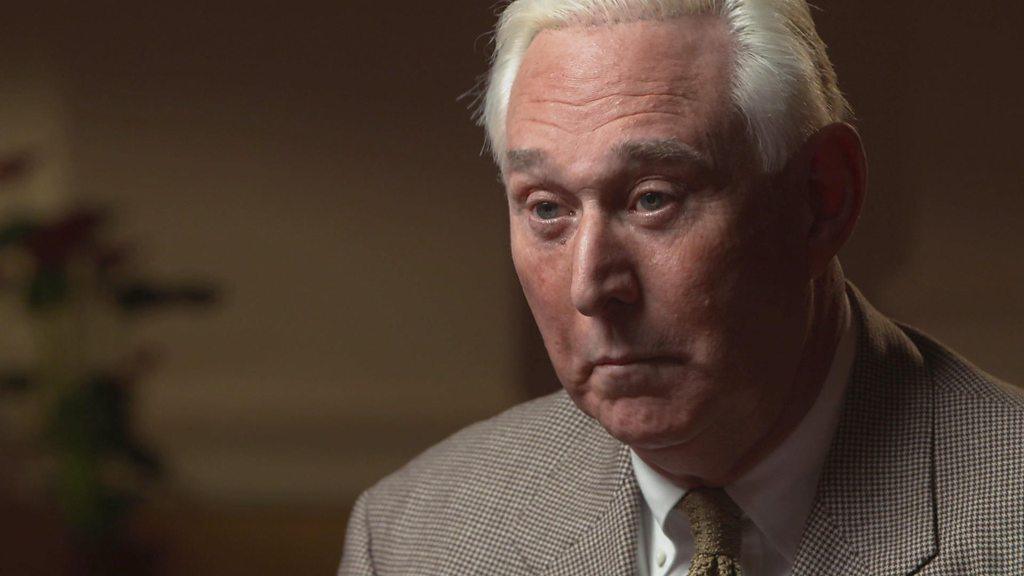Roger Stone case: Judge considers gagging order
- Published
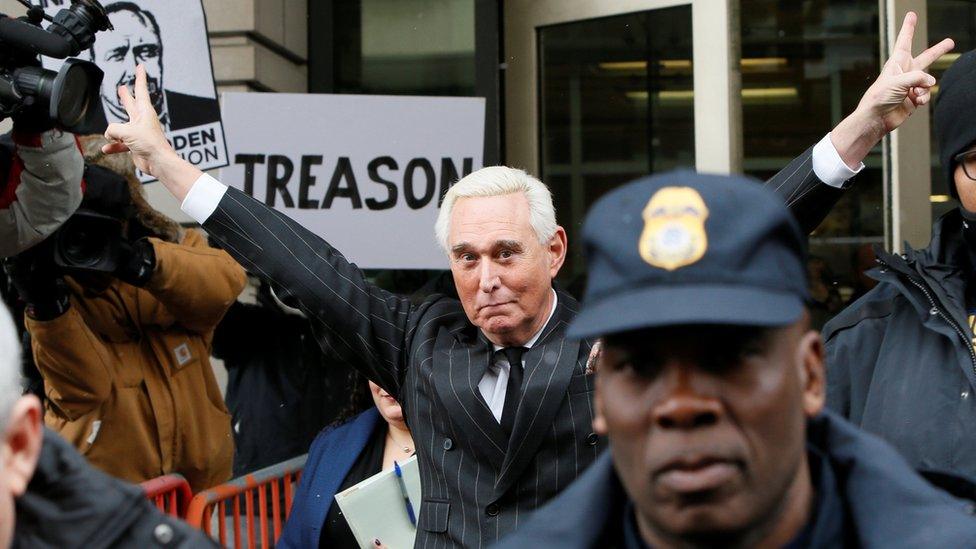
Roger Stone regularly flashes a double V-sign in the style of Richard Nixon
The judge overseeing the criminal case against ex-Trump campaign adviser Roger Stone says she is considering a gagging order on both him and the prosecution.
Judge Amy Berman Jackson said the case was "a criminal proceeding and not a public relations campaign".
Mr Stone has been charged on seven counts by special counsel Robert Mueller, including witness tampering and lying to Congress.
He denies any wrongdoing and has made frequent jibes against Mr Mueller.
Mr Stone, 66, a longstanding ally of the president, has previously vowed to resist any gagging order, saying on Tuesday: "I will fight and the deep state is in panic mode."
Mr Mueller is overseeing an investigation into alleged Russian meddling in the 2016 presidential election and whether Donald Trump's campaign conspired with Moscow. President Trump denies collusion, calling the investigation "a witch hunt", and the Kremlin denies any meddling.
At a court hearing in Washington on Friday, Judge Jackson cited a number of "extrajudicial statements by the defendant". She said that if a gagging order was imposed, Mr Stone would still be able to talk to the media about issues not connected to the case.
She asked both sides to respond to the possible order by 8 February.
The charges against Mr Stone are linked to an alleged Russian-led hack into the emails of Democratic Party officials. The information contained in the emails was released by Wikileaks during the 2016 campaign.
What has Roger Stone said?
Since his arrest, Mr Stone has given a string of media interviews.
He has been highly critical of his arrest, describing it as political theatrics.
"To storm my house with greater force than was used to take down (Osama) bin Laden or El Chapo or Pablo Escobar, to terrorise my wife and my dogs, is unconscionable," he told reporters.
He has accused Mr Mueller of running a politically motivated "inquisition".
US politics is not a beanbag, says Roger Stone
In an interview with Reuters, Mr Stone dismissed the charges as "process crimes" with no intentional lies. He said any failure to disclose emails or texts had been an "honest mistake".
In a phone interview with conspiracy theorist Alex Jones on his radio programme Infowars, Mr Stone said he intended to "fight for my life".
"There's no circumstance under which I would plead guilty to these charges. There's no circumstance under which I would bear false witness to the president," he said.
What are the charges?
The special counsel has accused Mr Stone of attempting to obstruct the investigation into Russian meddling by:
Lying to the House Intelligence Committee about what transpired between him and Wikileaks
Lying to the committee about records of his interactions with Wikileaks
Witness tampering, by trying to keep his Wikileaks intermediary from telling the truth to Congress
The indictment does not say Mr Stone committed any criminal activity during the election.
After his arrest he was released on $250,000 (£189,000) bail and with restrictions allowing him to travel only for court appearances in Florida, Washington DC and New York.
Who is Roger Stone?
A long-time friend of Donald Trump, Roger Stone has worked on Republican political campaigns since the 1970s and is a self-proclaimed "dirty trickster".
He began his career working on Richard Nixon's 1972 re-election bid, and has a tattoo of the 37th president across his shoulder blades.
Mr Stone became embroiled in the Watergate scandal after congressional hearings revealed that he hired an operative to infiltrate the campaign of George McGovern, Mr Nixon's Democratic opponent.
He went on to work for Ronald Reagan's successful presidential campaigns in 1980 and 1984, and advised George HW Bush in his bid for the White House in 1988.


- Published19 January 2019
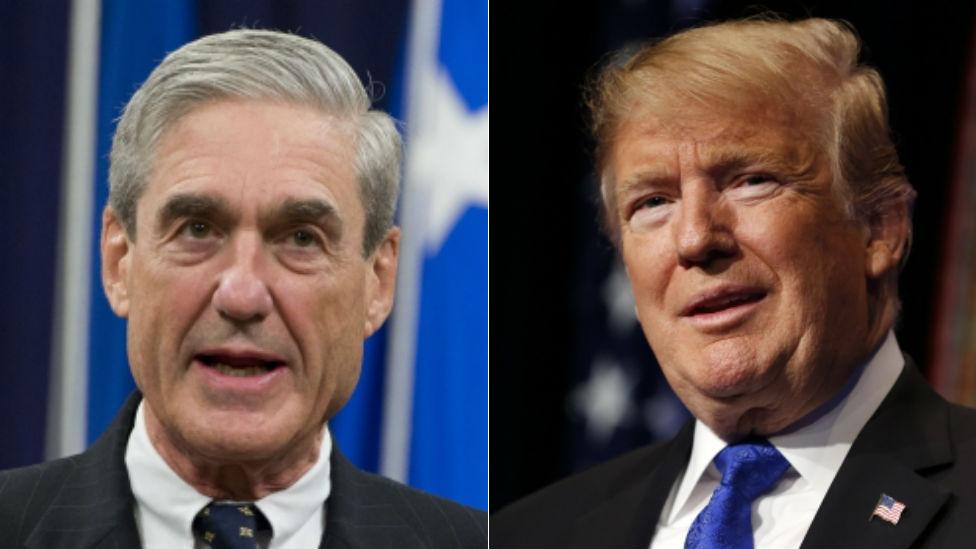
- Published24 July 2019
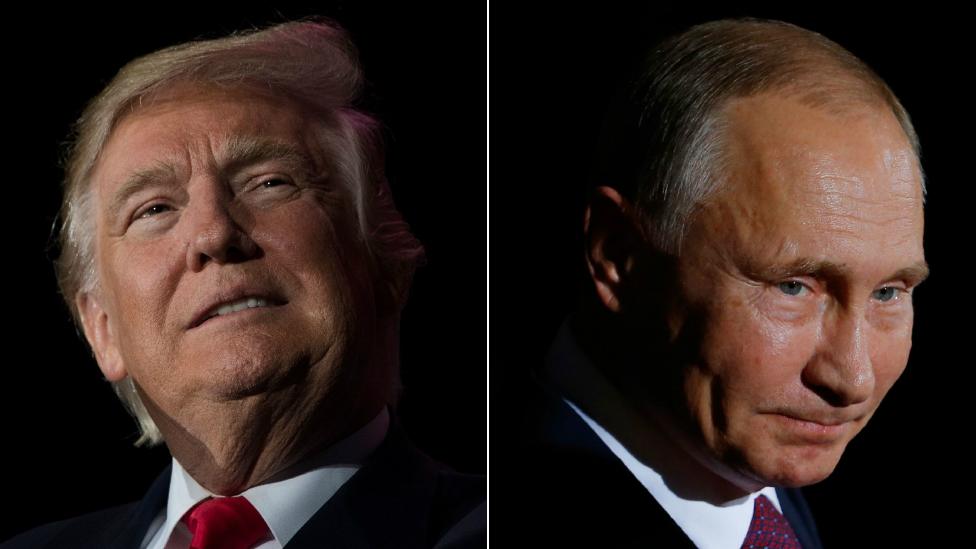
- Published29 November 2018
- Published21 November 2018
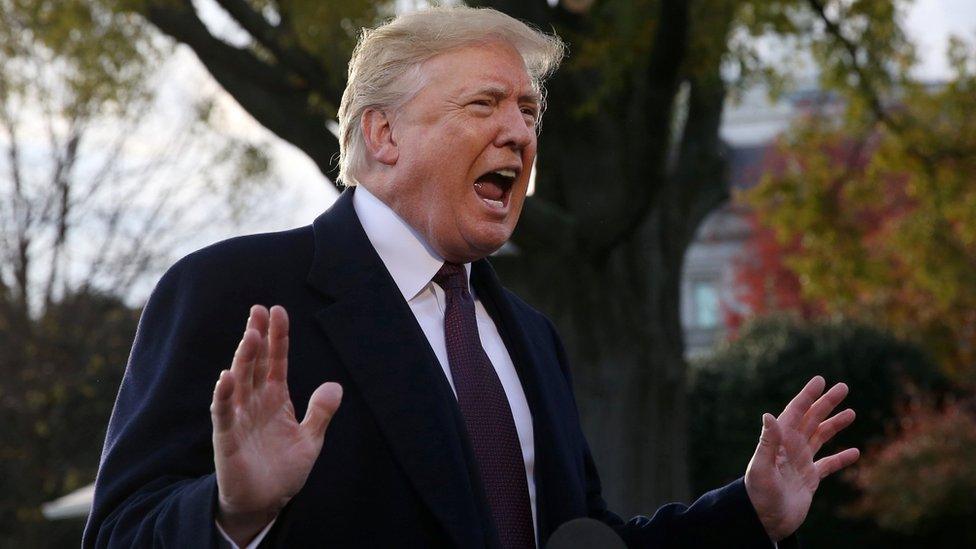
- Published15 November 2018
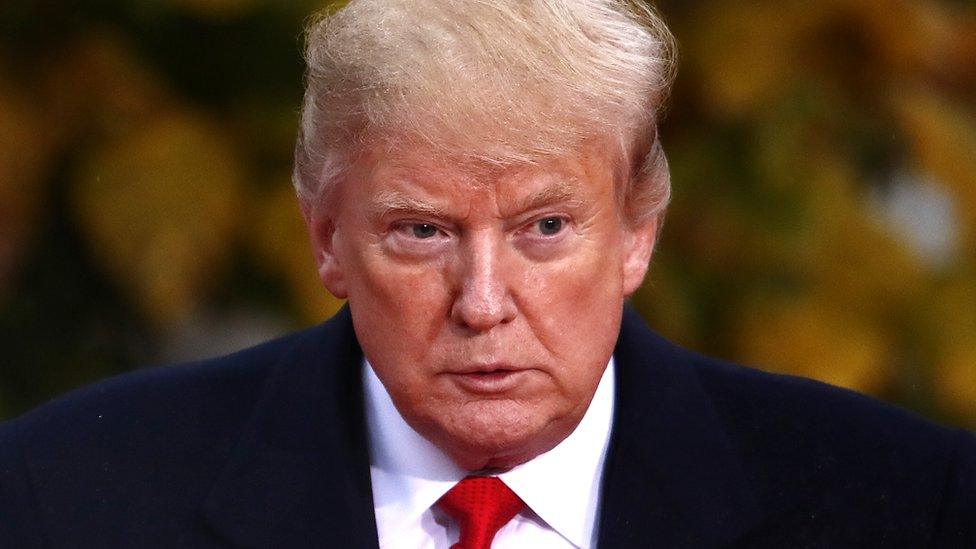
- Published31 October 2018
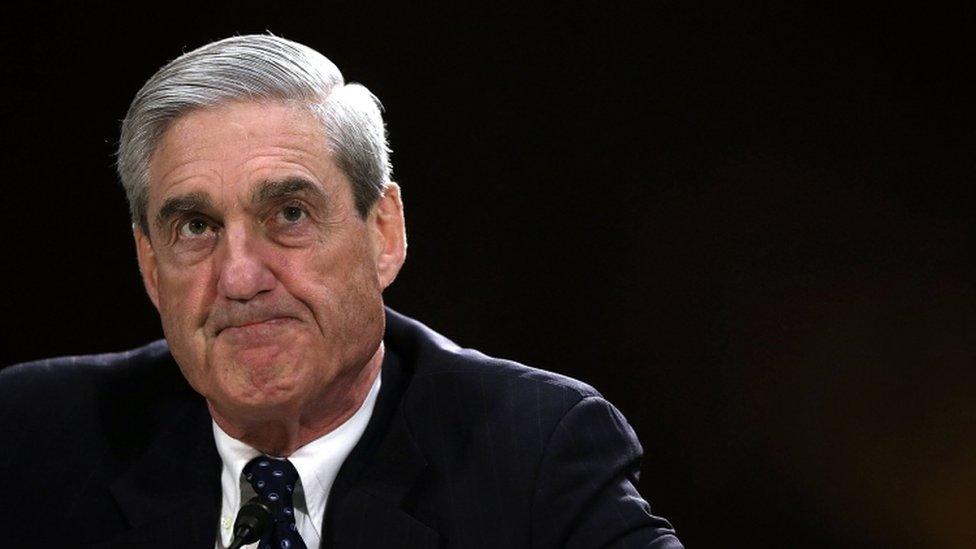
- Published6 February 2018
